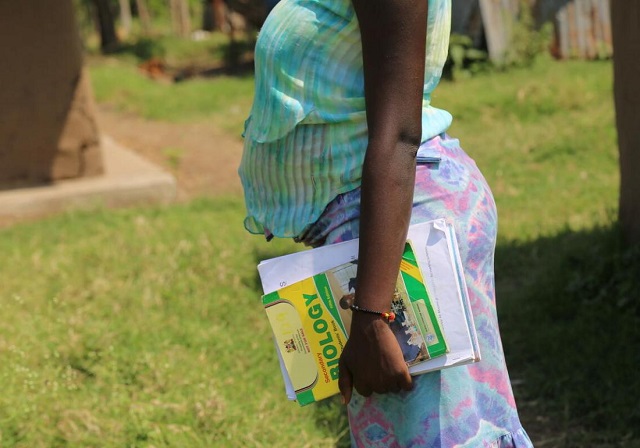
Rakai, Uganda | THE INDEPENDENT | The lack of access to sexuality education has been blamed for the increasing number of teenage pregnancies in Rakai district.
A survey by Reproductive Health Uganda found that 2,093 underage girls were impregnated during the lockdown period.
Fortunate Kagumaho, the communications coordinator at Reproductive Health Uganda says that they have learnt that many people including parents and opinion leaders have not provided proper guidance to teenagers including giving them sex information.
According to Kagumaho, the victims were found to be largely ignorant about the proper methods of preventing early pregnancies, which would have saved them had they accessed the right information either from their parents, teachers, guardians, or community leaders.
Kamugaho indicates that although the community is already suffering from grave consequences of teenage motherhood, there are no deliberate interventions towards solving the problem.
She indicates that although the Covid-19 lockdown has exacerbated the situation, it should serve as a wake-up call to all stakeholders including church leaders, parents, and traditional leaders to realize the problem and jointly find ways of curbing teenage pregnancy.
Godfrey Kimbugwe, the Kooki Chiefdom Deputy Prime Minister, also the Rakai District Community Development officer says they are equally bothered by the problem. He however says that they are engaging the different stakeholders to reverse the trend.
Kimbugwe indicates that the cultural institution is currently identifying all unbecoming cultural practices in the area such that they are vigorously addressed.
A survey by Makerere University School of Public Health conducted in December last year found out that 3 in 10 girls who are in school confessed to having sexual intercourse before making 18 years, the age of consent in the Ugandan laws.
The survey also shows that 44 percent of all children produced in Uganda are unintended either due to lack of access to family planning services and lack of appropriate information regarding the services.
*****
URN
 The Independent Uganda: You get the Truth we Pay the Price
The Independent Uganda: You get the Truth we Pay the Price


